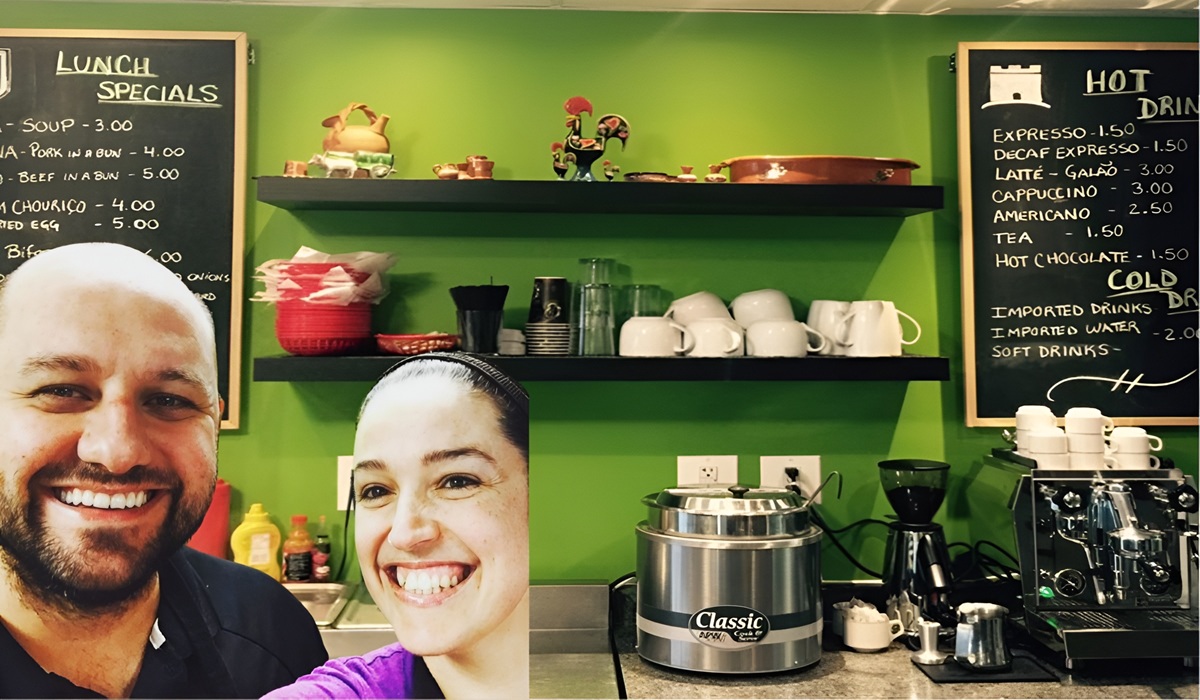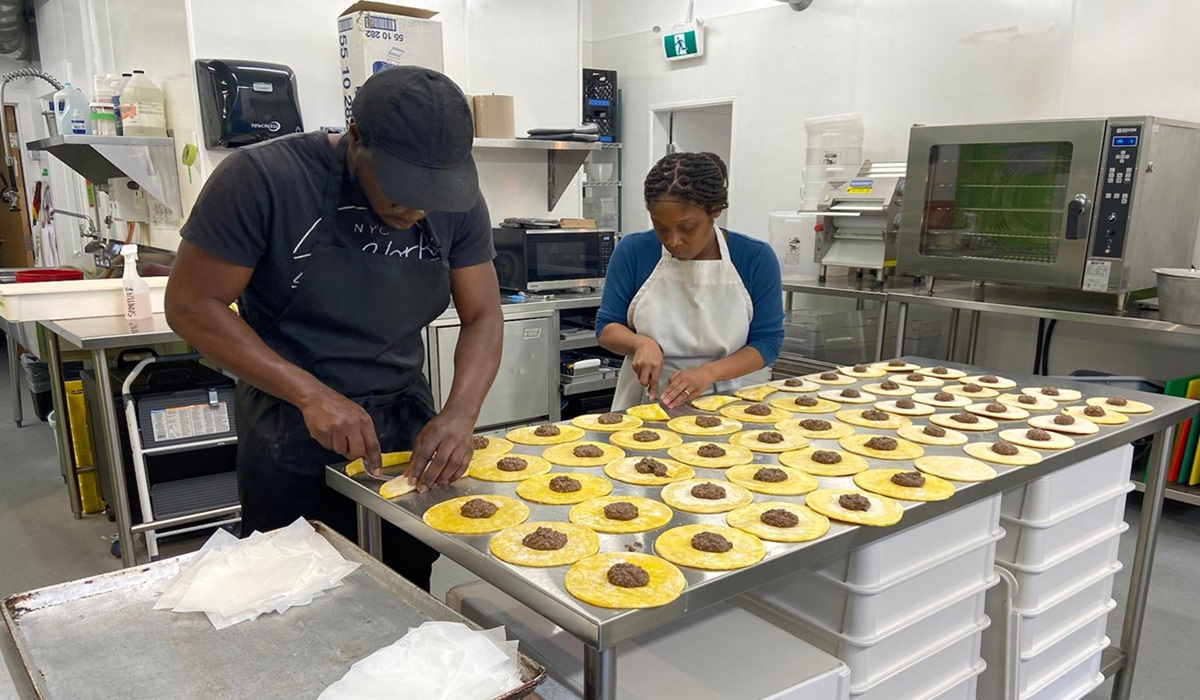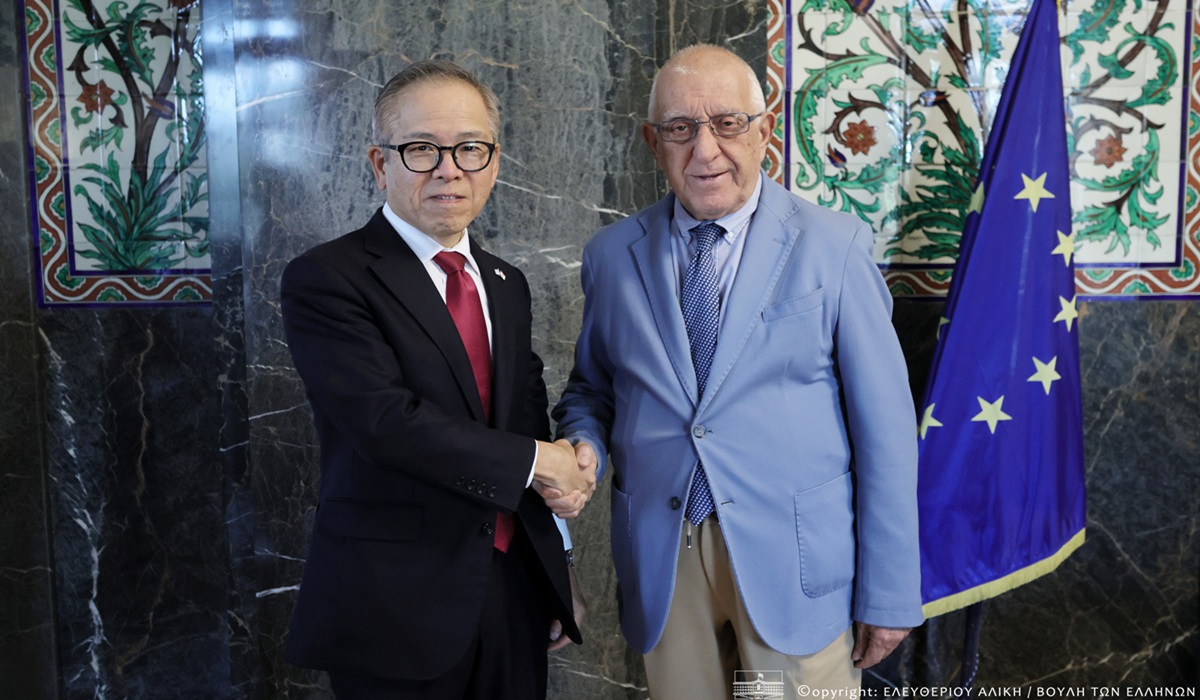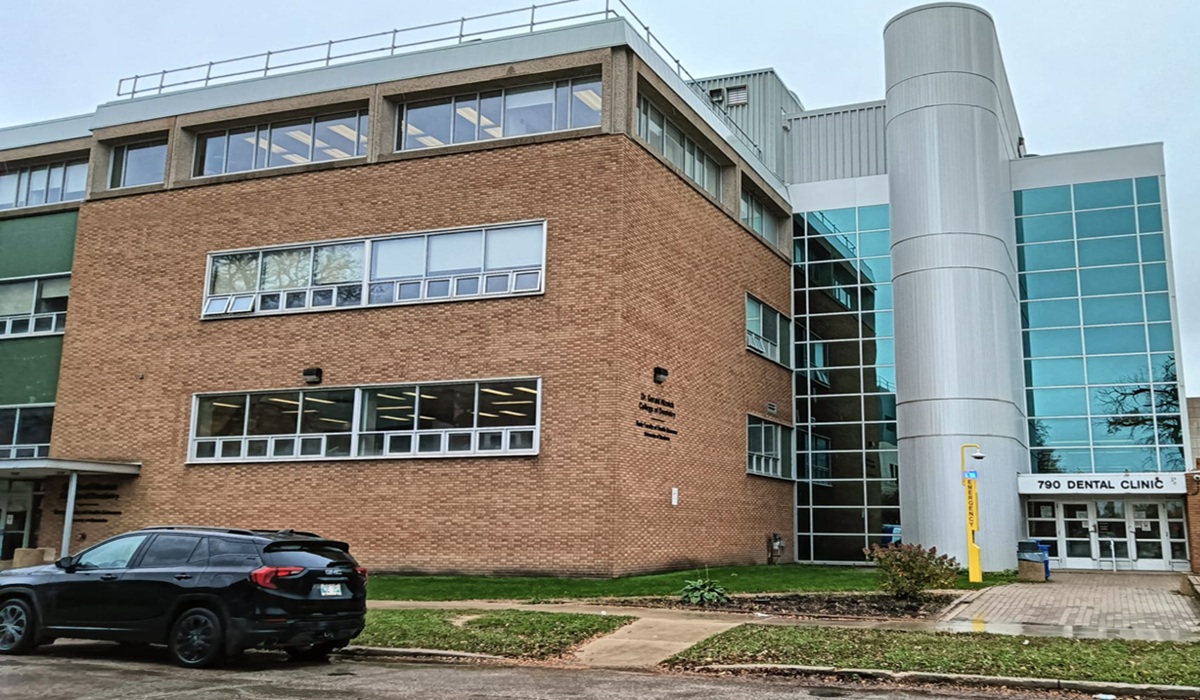Embracing Neurodiversity: Celebrating the Brilliance of Unique Minds
- TDS News
- Science
- Trending News
- May 2, 2024
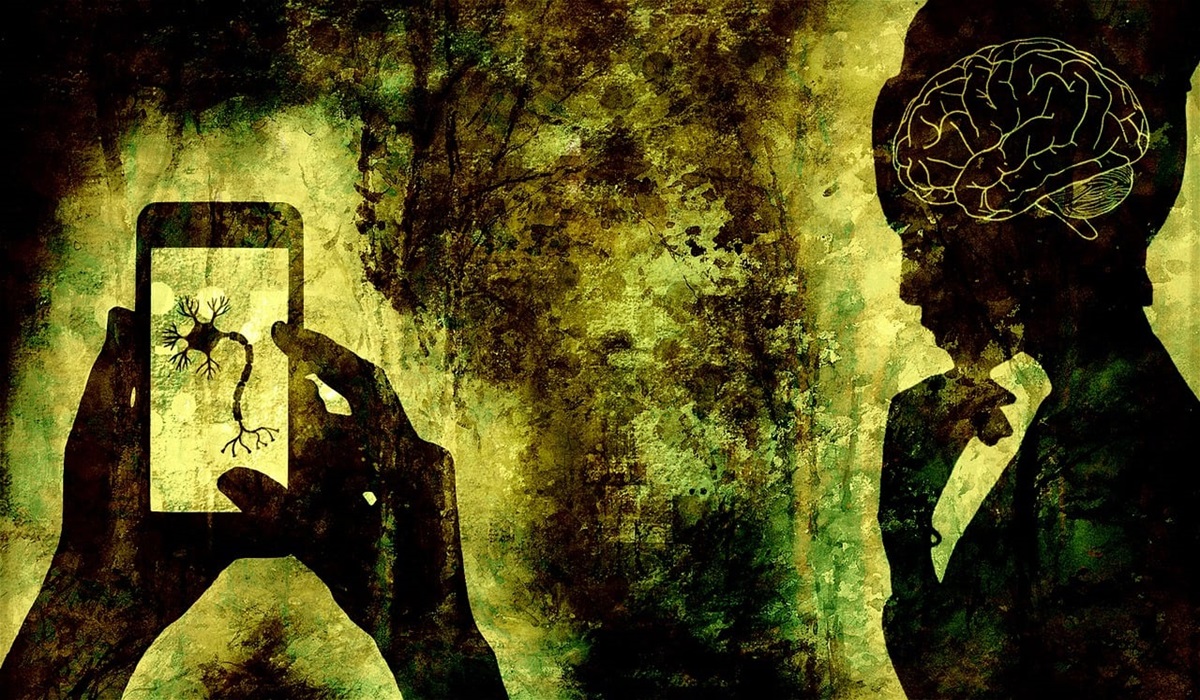
Image credit: Chen
In the mosaic of humanity, neurodiversity emerges as a vibrant thread, weaving together the rich tapestry of our collective experiences. Defined as the variation in neurological structure and function that exists among individuals, neurodiversity celebrates the unique wiring of our brains and minds. It is a concept that not only acknowledges differences but also appreciates and values them, fostering an inclusive society where all individuals are recognized for their inherent worth and potential.
The term “neurodiversity” was first coined by Australian sociologist Judy Singer in the late 1990s. Singer sought to challenge the prevailing notion that certain neurological conditions, such as autism spectrum disorder (ASD) and attention deficit hyperactivity disorder (ADHD), were inherently pathological. Instead, she proposed a paradigm shift that reframed these conditions as natural variations of the human brain, akin to biodiversity in the natural world.
This paradigm shift holds profound implications for how we perceive and interact with individuals who fall within the neurodiverse spectrum. Historically, society has often stigmatized and marginalized those with neurological differences, viewing them through a deficit-based lens that focuses on their challenges rather than their strengths. People with ASD or ADHD, for example, may have faced discrimination in education, employment, and social settings, denied the accommodations and support necessary for them to thrive.
However, the emergence of the neurodiversity movement heralds a new era of understanding and acceptance. It champions the idea that diversity in neurological functioning is not only normal but also essential for the progress and innovation of society. Rather than seeking to normalize neurotypical behavior as the ideal standard, neurodiversity advocates argue for the celebration of cognitive diversity and the recognition of each individual’s unique strengths and contributions.
At its core, neurodiversity challenges the notion of a one-size-fits-all approach to education, employment, and social interaction. It calls for the creation of environments that embrace and accommodate a wide range of cognitive styles and abilities, allowing individuals to harness their full potential. In the workplace, for instance, companies are increasingly recognizing the value of neurodiverse talent and implementing inclusive hiring practices that accommodate different ways of thinking and problem-solving.
Moreover, neurodiversity fosters a culture of empathy, compassion, and mutual respect, where differences are not only accepted but celebrated. It encourages us to move beyond mere tolerance towards genuine appreciation for the unique perspectives and experiences that each individual brings to the table. In doing so, we create a more equitable and inclusive society where everyone has the opportunity to thrive and contribute their gifts.
For educators, embracing neurodiversity means adopting flexible teaching strategies that accommodate diverse learning styles and preferences. It involves recognizing and nurturing the talents of neurodiverse students, whether they excel in mathematics, music, art, or any other field. By creating inclusive learning environments that value creativity, innovation, and critical thinking, educators empower all students to reach their full potential.
Similarly, in healthcare settings, a neurodiversity-informed approach emphasizes the importance of personalized care that respects the individual needs and preferences of patients. It recognizes that there is no one-size-fits-all solution when it comes to addressing neurological conditions and prioritizes interventions that enhance quality of life and well-being.
In essence, embracing neurodiversity is not just a matter of social justice; it is a recognition of the inherent value and potential of every human being. It is a reaffirmation of our shared humanity and a commitment to building a more inclusive and equitable world for future generations. Whether we are educators, scientists, daycare workers, journalists, or parents, we all have a role to play in fostering a culture of acceptance and celebration of neurodiversity. For it is through embracing our differences that we truly unlock the limitless possibilities of the human mind and spirit.




